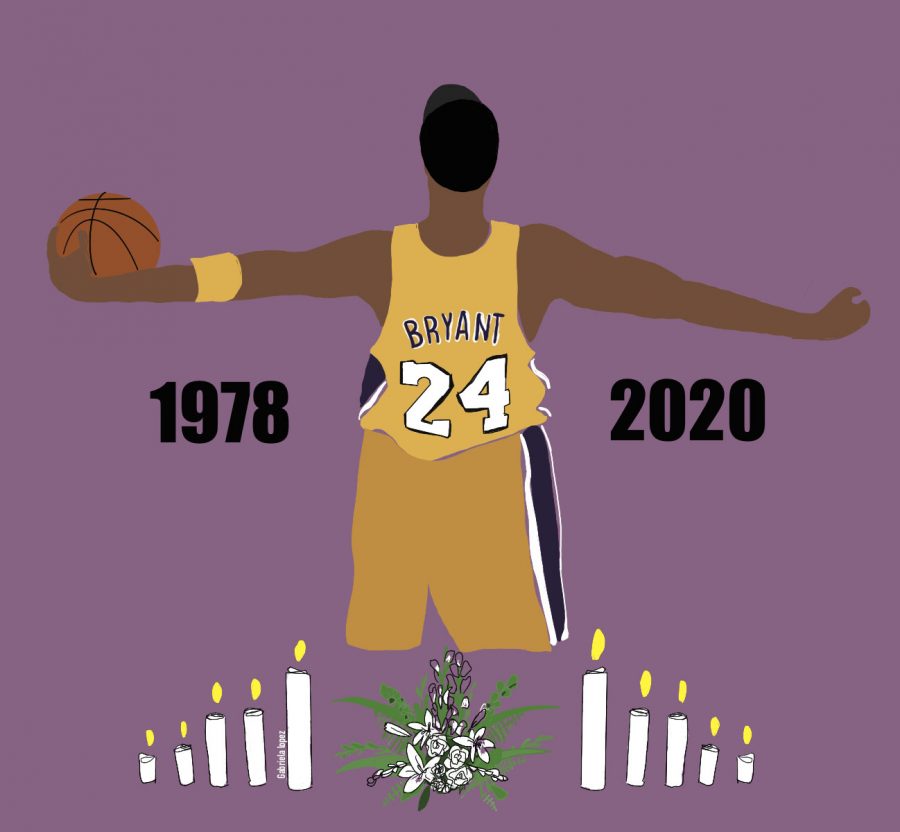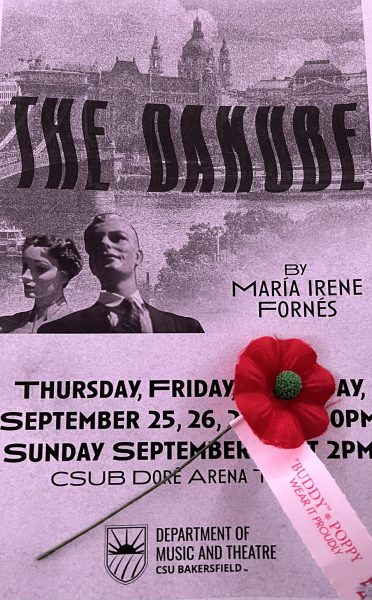Kobe Bryant: To mourn or not to mourn
February 3, 2020
Kobe Bryant, along with his daughter and seven other passengers, died in a helicopter accident in Calabasas, CA on Jan. 26. His death brought mourning admirers, as well as individuals who disapprove of his past into the spotlight.
In 2003, Bryant was charged with sexual assault. According to the History.com article “Kobe Bryant Accuser Goes to the Police,” the alleged victim, a 19-year old hotel employee, later dropped the charges because she did not want to participate in the trial. Later, Bryant and the alleged victim settled a civil lawsuit, where she received an unknown amount of money.
Not only did Bryant apologize to the alleged victim, but he expressed even though he believed it was consensual, the alleged victim’s testimony allowed him to recognize that, to her, it was not a consensual encounter.
As a result of that scandal, many people who have been mourning the legend’s death are often dragged down and judged by people who only perceive him as a rapist. Although it is irresponsible to neglect the situation, because Bryant’s sexual assault case is a step forward in raising awareness of consent when it comes to sexual encounters, it is vulgar and indecent to bash the dead.
Many people looked up to Bryant their whole lives and perceived him as a legend. His story helped people build their own ambition. It is important that we view this situation from an objective standpoint. We can acknowledge the poor choice he made in his early 20s, but we cannot dismiss his legacy or how others choose to remember him.
“I idolized you because of your work ethic. Because of your willingness to never take a possession off. Because you expected greatness out of everyone around you and created a standard of what a leader should be,” Alex Bazzel, a well-known basketball trainer, wrote in a letter to Bryant released on his website.
Celebrity singer, H.E.R., wrote in an Instagram post about how she watched videos of Bryant on her first day of touring because his dedication was unmatched. H.E.R. was only one of many individuals impacted by Bryant in ways beyond basketball and the NBA.
“[H]is actions gave me a blueprint to be great,” Richard Sherman, an NFL player for the 49ers, wrote. This shows that his legacy goes beyond basketball and reveals that his mentality is something we might all be trying to achieve.
Not only was Bryant a role model on the court, he was a philanthropist off the court. According to CNN, Bryant and his wife started the Kobe and Vanessa Bryant Family Foundation in order to help children and their families through funding various programs and scholarships.
Bryant had also granted more than 200 wishes for the Make-A-Wish Foundation, a foundation that grants wishes to kids diagnosed with severe illnesses. Moreover, he was a founder of the Natural Museum of African American History and Culture. According to NMAAHC, Bryant gave the museum the help they needed to keep moving forward.
People still harboring bad feelings for Bryant should also keep in mind that this tragedy cost the nation more than just Kobe. The helicopter accident cost other families their daughters, parents, and siblings. His 13-year-old daughter, Gianna, was also on board the helicopter and did not survive.
Traveling with the father and daughter were two of Gianna’s teammates, Alyssa Altobelli and Payton Chester, along with their parents, John and Keri Altobelli and Sarah Chester. Christina Mauser, an assistant girls basketball coach was also on board. Helicopter pilot Ara Zobayan was also lost in the crash. If people who do not support Bryant want to avoid him or his legacy, remembering the other victims of the crash is a start.
Some people don’t learn from their mistakes until after it’s too late, but this does not mean we should dismiss the trauma and heartbreak tragic deaths inevitably bring. Only two people know exactly what happened in the hotel room that day in 2003. One of the two has died, leaving only the alleged victim to truly understand what occurred. The case was settled between them and does not need to keep being rehashed by the media. Choosing to mourn Kobe Bryant, or not to grieve, does not determine whether an individual is a bad person.







